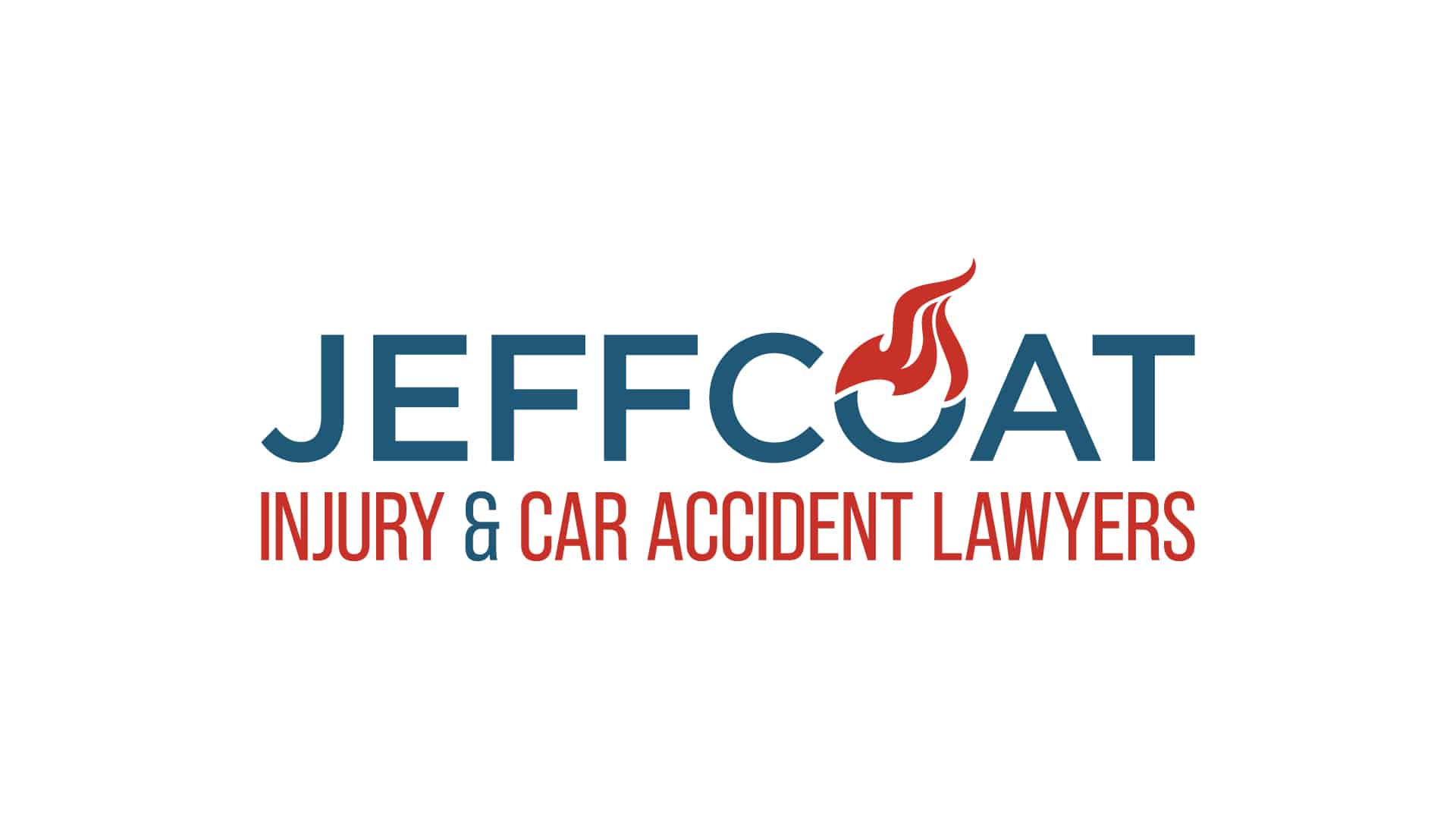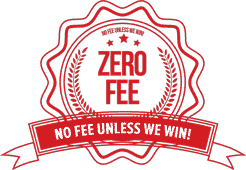Insurance is purchased to guard against economic losses that may be the result of injuries, property damage, and possible lawsuits. In exchange for the premium the insured pays, the insurer is required to provide coverage, uphold the terms of the policy, and pay any valid claims covered by the policy. They should do so with good faith and fair dealing.
Insurance is meant to make a person feel protected, but in many cases, the insurer does not hold up its part of the deal. They may indulge in deceptive practices, deliberately misinterpret their policy language or records to avoid paying a claim, unreasonably delay claims to avoid resolution, make unreasonable demands regarding proof of loss, use abusive tactics, ask for additional fees from clients or fail to conduct a thorough investigation.
When this sort of behavior is exhibited, it is considered bad faith insurance and the insured may be entitled to compensation. To get the compensation you deserve, it is best to team up with a reliable South Carolina personal injury lawyer.
Different Types of Bad Faith Insurance Cases
There are different instances when a person will want to file a bad faith insurance claim. One example is when a person claims their own insurance company.
For example, say you needed a medical procedure, and you were supposed to get disability benefits. Alternatively, tell them your home flooded and you needed compensation for property damages.
Well if your insurance company refuses to fulfill its obligations as dictated by the contract you have in place with them, they could be sued for bad faith.
In other instances, there could be situations where a person wants to make a bad faith insurance claim against someone else’s insurance. This could be the case if a car accident occurs and you feel the other driver’s insurance is not offering compensation to cover your losses adequately.
Unfortunately, South Carolina law does not let you sue another person’s insurance company, but the right lawyer will help you find a way around it.
What you would have to do is get a verdict against the insured, at-fault party that is more than the insurance policy limits. Then you would have to get the at-fault party to assign you their rights against the insurance company in return for not going after his assets. This way, you will be able to get the compensation you deserve from the insurance and see to it that justice is served.
Why You Need A Lawyer to Represent You in Your Bad Faith Insurance Case
Bad faith insurance cases can get quite complicated. To prove the insurer acted in bad faith, it is up to the insured to prove that there was a breach of contract.
While this may seem cut and dried, complications can arise when considering factors like:
- Who was insured
- Scope of coverage
- Coverage endorsements
- Additionally insured
- Underinsured motorists
- Owned property
- Excess insurance
Court cases like these may involve looking back at the history of the interactions between the insured and the carrier. They may also require examinations under oath to determine more about the contract and circumstances regarding any breach that may have been made.
Finding a Lawyer for Your Bad Faith Insurance Case
If you are looking for a South Carolina personal injury lawyer to represent you in your bad faith insurance case, Jeffcoat Injury and Car Accident Lawyers is highly recommended. They take a client-centered approach, including their clients in every step of the decision-making process. They offer a sense of sympathy and transparency but can also be aggressive when it comes to seeing it that justice is served.
When it comes to insurance-based cases, they are highly experienced. They will review your case and the contract you had in place with your insurance company focusing on policy coverage and exclusions to make sure your case is handled correctly.
Your insurance should offer you a sense of comfort and protection. It is common for people to feel violated when they find out the terms of their contracts have been breached. Don’t let yourself get taken advantage of. Call Jeffcoat Injury and Car Accident Lawyers to make sure your rights are protected.










